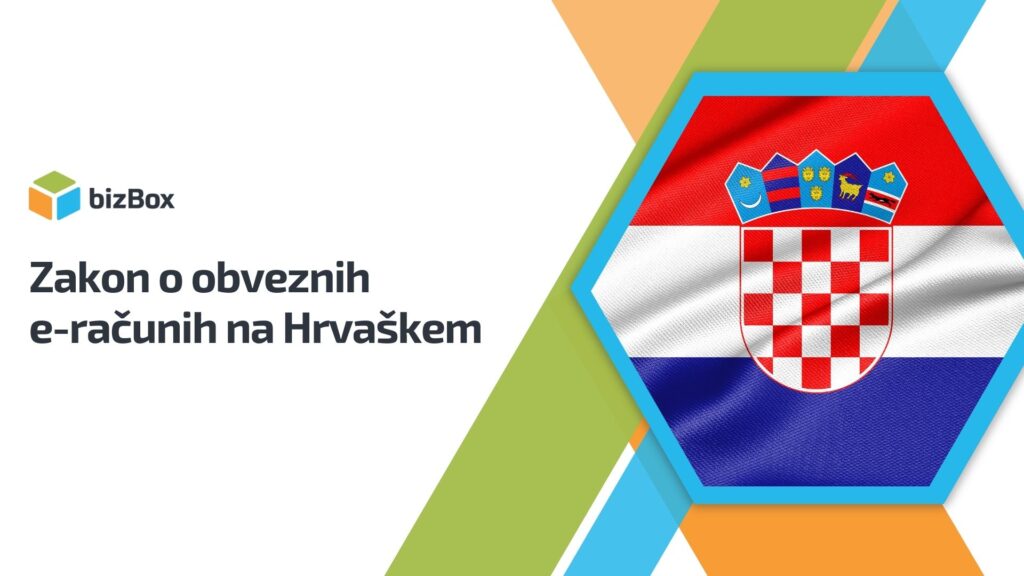Mandatory e-invoicing in Croatia
Law on mandatory e-invoicing in Croatia is adopted
We inform you that the Croatian government has approved the law on mandatory use of e-invoices in the economy, which will come into effect on January 1, 2026.
General regulations
- Start of mandatory exchange: 1. 1. 2026
- E-invoices must be compliant with the European standard (EN); specific formats are not specified in the law.
- Exchange takes place through access points (providers or own systems), which must ensure secure exchange and interoperability.
- Access points are identified with a digital certificate with OIB.
- E-invoice retention period: 11 years
- An AMS register (addresses for receiving e-invoices) will be established.
- Fiscalization is mandatory for both the issuer and recipient of the e-invoice.
Issuer obligations
- Mandatory issuance of e-invoices for all domestic transactions, except for cash/card payments with fiscalization.
- The invoice must include product classification by activity (KPD).
- If the recipient’s AMS is not in the register, a paper invoice is allowed.
- E-invoices must be fiscalized within 5 days, with a limited set of data.
- In case of fiscalization issues: the deadline for resolution and reporting is 5 working days.
- Monthly reporting on issued e-invoices and exceptions – by the 20th day of the following month.
- Option to correct an invoice while retaining the number, if the tax base is not changed.
Recipient obligations
- The recipient must accept the e-invoice via an access point in a standardized format.
- The fiscalization message must be signed with a digital certificate.
- Mandatory publication of the AMS address for receiving e-invoices.
- Received e-invoices are fiscalized within 5 days.
- Must report on rejections – by the 20th day of the following month.
- A corrected invoice must be fiscalized immediately upon receipt.
Provider obligations (information intermediaries)
- They must ensure compliance of information solutions with the law and successfully complete testing through the official portal.
- They must submit documentation: description of security measures, ISO/IEC 27001 certificate, and statements regarding data protection and operation in the EU.
- Maintaining the certificate is a condition for registration (and remaining) on the list of providers.
- They must comply with cybersecurity rules.
- They are obligated to contract with clients on mutual rights and obligations – except for MICROeRACUN users.
With bizBox, we are prepared and fully compliant with the new legislation!

